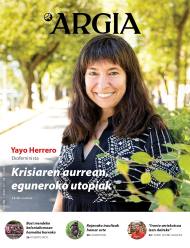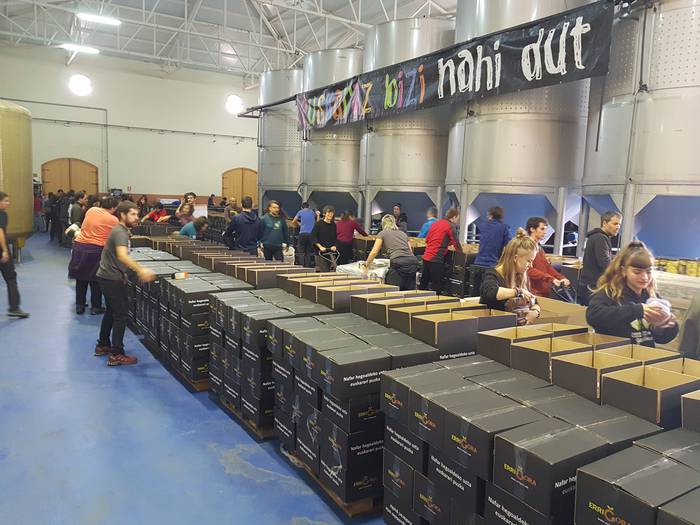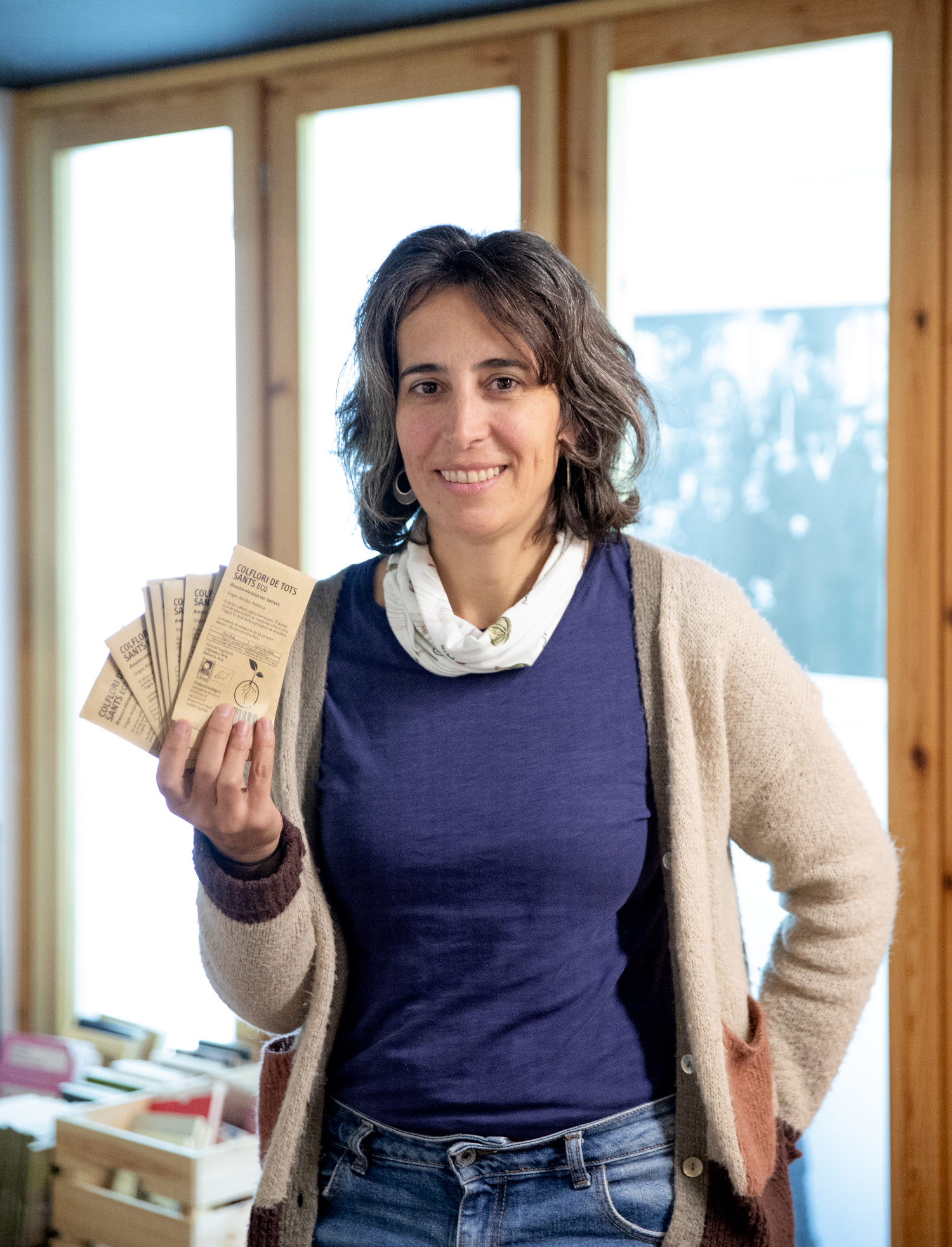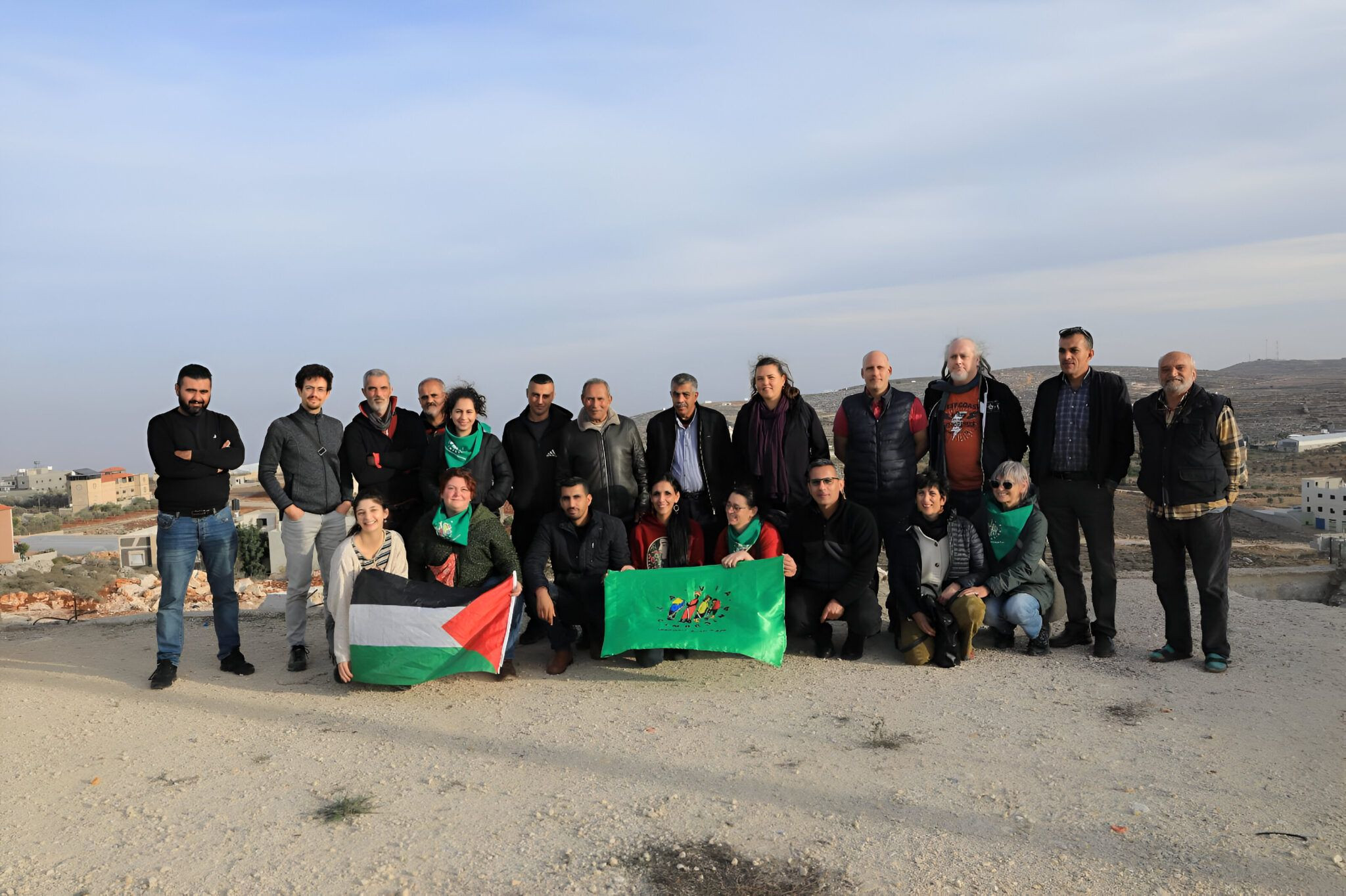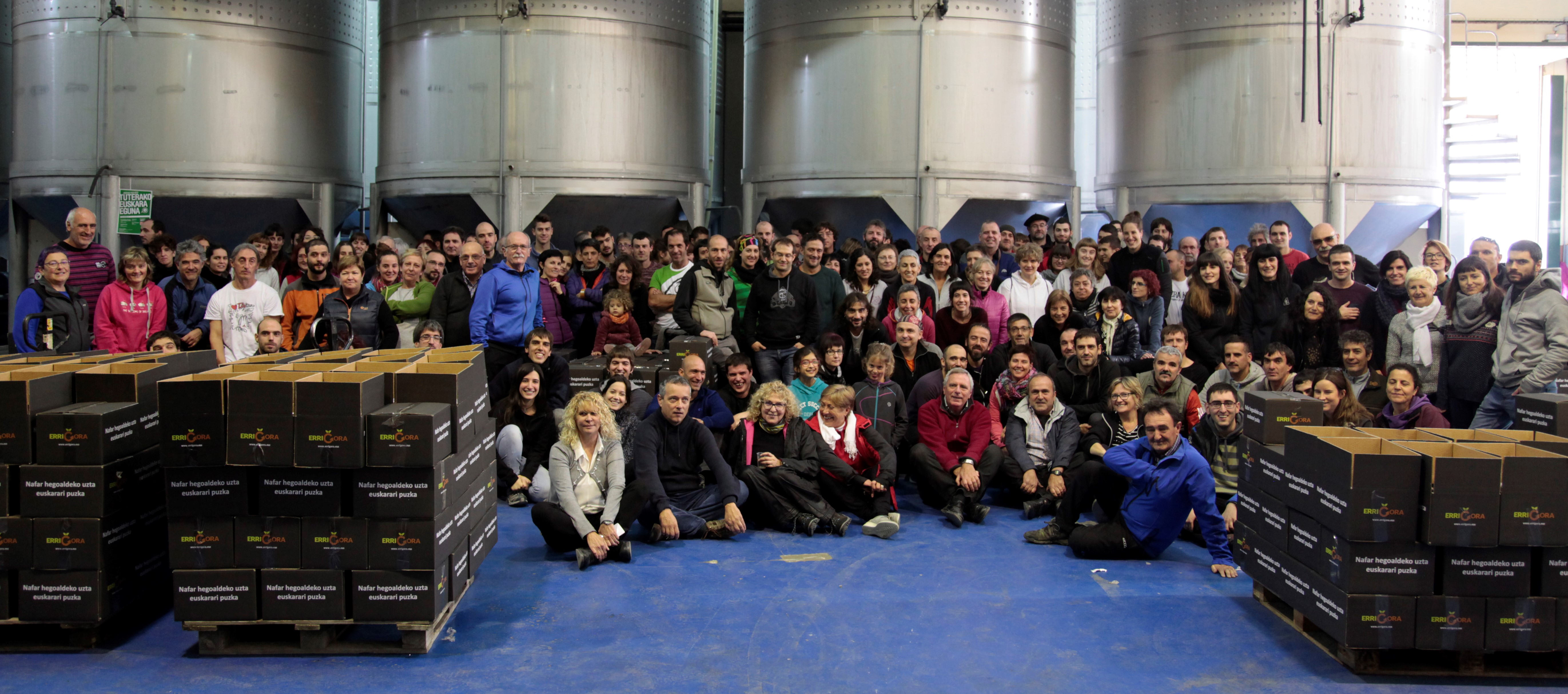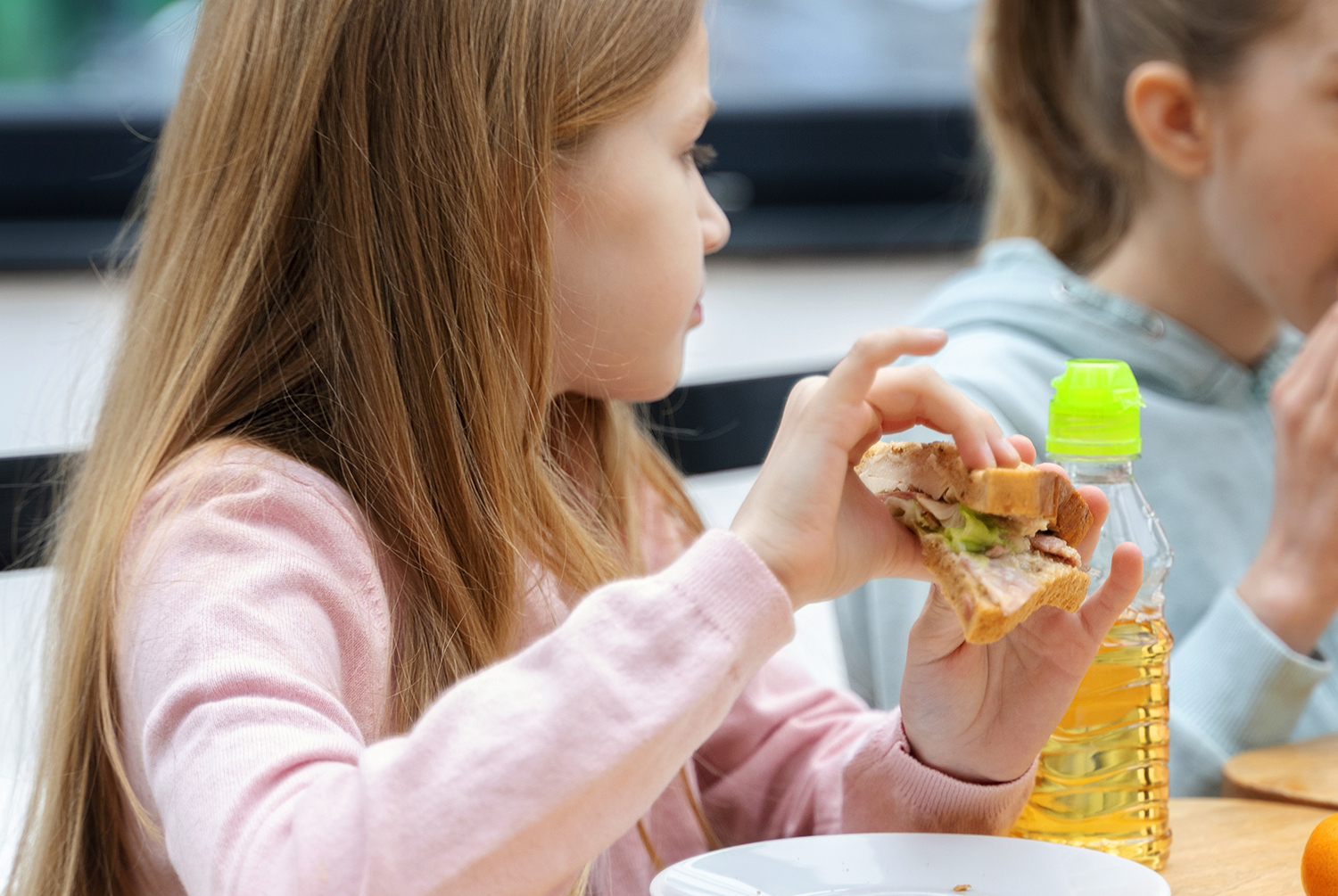To overcome the food crisis, in addition to incentivizing the baserritars, give the Kaletarras an opportunity to have a garden
- Many families have always tried to complete in their small garden the needs of domestic food in large and small cities around the world. They do so, as in Cuba, in countries that live in emergency by economic boycott, in those that suffer terrible consequences of war and in poor countries and environments in general. When the West is told a great deal of anguish, has the time come for small private, collective and public gardens?
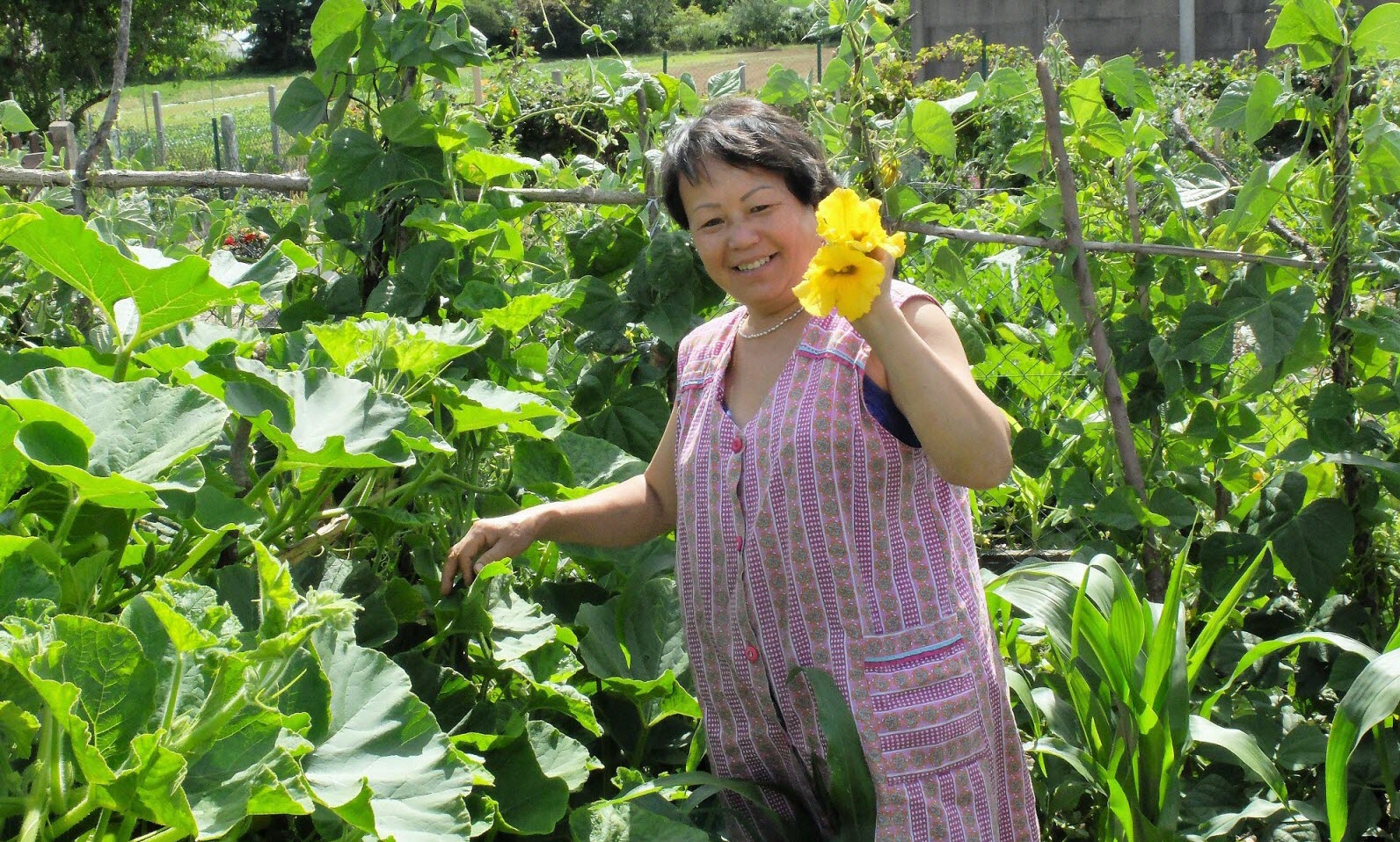
On 9 July since the newspaper Gara Jon Jausoro Saez de Cámara asked a specific question to the Basque Government and the Provincial Council of Álava about the origin of the food we eat the Basques: “To what extent of these foods are needed at the level of CAPV and Álava?” Like so many others, Jausoro is concerned that the authorities will fill their mouths sustainably and with nearby productions, because in daily life the food circuit is increasingly global. And because globalization has proven its risks, it begins with the crisis caused by the vapor trapped in the Suez Canal, aggravates with Covid-19 and punches the Ukrainian war. Do people have guaranteed menus for tomorrow and next week?
Intelligence Service MI5 states
that “four
meals from anarchy” are
in Britain, from falling into
anarchy to
four meals.
Unlike the CAV or the Basque Country, it seems that in Britain the authorities have studied the issue, as explained by Michael Raw, an English crop expert, to the Renegade video channel: “The UK intelligence service MI5 points out among the country’s major weaknesses that the British are among the four meals from anarchy (four meals after falling into anarchy).” That is, between normality and the general chaos of the street there is the possibility that people can or may not do four meals. If you empty the shelves of supermarkets, the rebellion in the streets of the cases.
The blog Energy Balance summarizes what Raw, professor at Chris Rhodes University and member of the Transition Towns movement: Four Meals From Anarchy – We Must Grow More Food Locally (from falling to four meals in Anarchy: we have to produce more food in place): “British food policy basically believes that distant countries will continue to feed us because half of what is consumed here today comes from abroad. This is very dangerous, especially since several nations have begun to organise protectionist policies, establishing bans on food exports. If supplies are reduced, food that is already expensive will increase further.”
The particular logic between supply and prices should be well understood. In Raw's calculations, if food decreases by 3% from the normal level of supply, its prices will increase by 12%; if supply decreases by 5%, prices will increase by 20% and supplies will decrease by 10%, approaching 100%.
Raw is aware of what he is talking about, as, besides knowing the theory, he has just seen in practice the supply crisis in Britain, in the first rough hours of Brexit. That is why he says that it would not be surprising if the authorities were soon to set up food rationing. They did so II. During and after the World War: Throughout Europe, the authorities helped farmers produce more in fields and stables.
In recent years farmers have been warning of the urgent need for food sovereignty, but they have not been heeded. On the contrary, when the whole structure of economic growth has fallen into the crisis by stirring up the perfect storms, Raw’s forecasts point to a theoretical risk that could become a daily image in supermarkets: long queues of people in front of portals and shelves in the gender-free warehouses.
A study
reveals that 40% of British
fruit and vegetables can
be produced in street
orchards
As for prices, food is already expensive around the world. But the increase in fertilizers needed for farmers to grow their crops predicts what will happen to food prices next fall and, of course, in the coming years. If faraway foods come with high price rises, add here that much of your crop may disappear in the short term.
European farmers are trapped, as is often said, between the anvil and the hammer: on the one hand, they cannot sell their produce at decent prices and on the other hand, they cannot pay for the fertilizers and supplies they need. Many farms are forced to stop. Coming to the Basque Country or, in particular, to the maritime area of the CAPV, peasant Eneritz Otamendi Igeldoko transparently explained in April the serious situation of the baserritarras: “The situation is so serious that if this current context persists in two or three months many villages will be closed.”

This great crisis requires food policy to change the whole structure of agricultural planning and aid so that an attractive profession is to produce decent food for people at decent prices. But the authorities must also work to ensure that every family and person can produce some of their household food in their orchards. That is, to promote urban gardens but in all their potential. Because, besides improving the autonomy of each family, in these small orchards there may be one of the keys to food security across the country, and not as small as most expected.
In early 2022, a study by several British universities, headed by Leicester, has been published showing that of the fruits and vegetables consumed by the country, 40% can produce land that is not used in or around cities, such as parks, banks, abandoned areas in neighborhoods and suburbs... The study "Potential of urban green spaces for supporting horticultural production: a national scale analysis" is available on the Internet.
Legally,
the obligation of the municipalities to give
land for orchards to
any citizen should be laid down
within three
months of their request.
To this end, the Administration must guarantee all citizens the right to produce food for their families. Chris Rhodesi: “Working a cape must be a right. Parliament must establish by law that the City Hall and the regional administration are obliged to make available to any citizen a tip of land for orchards within three months of the submission of the application, concluding the waiting lists. To do so, land owners must be obliged to rent unused areas to the Administration at a price charged.”
Chico Mendes, leader of landless Brazilian peasants, says: “Ecology is gardening without class struggles.” Likewise, the phenomenon of urban gardens could overcome the gentrification mark of a progressive middle class that often leads, if in times of crisis it assumes the claim of the garden as a right of all citizens.

Martxoaren 10etik 26ra izango da udaberriko kanpaina. 'Beste modura, denona de onura' lelopean arituko dira gertuko ekoizpena, banaketa eta kontsumoa babestu eta sustatzeko, ager zonaldean euskara hauspotzen duten bitartean. Apirila amaieratik aurrera jasoko dira... [+]
Euskal Herriko bi muturretatik datoz Itziar (Bilbo, 1982) eta Ekaitz (Erriberri, 2002), sortzen ari den Burujabetzaren Aldeko Mugimenduaren berri ematera. Euskal Herrian diren burujabetza prozesu ugariak arloz arlo bultzatu eta indartu nahi ditu BAMek. Lan horretan hasteko,... [+]
Emakume bakoitzaren errelatotik abiatuta, lurrari eta elikadurari buruzko jakituria kolektibizatu eta sukaldeko iruditegia irauli nahi ditu Ziminttere proiektuak, mahai baten bueltan, sukaldean bertan eta elikagaiak eskutan darabiltzaten bitartean.









